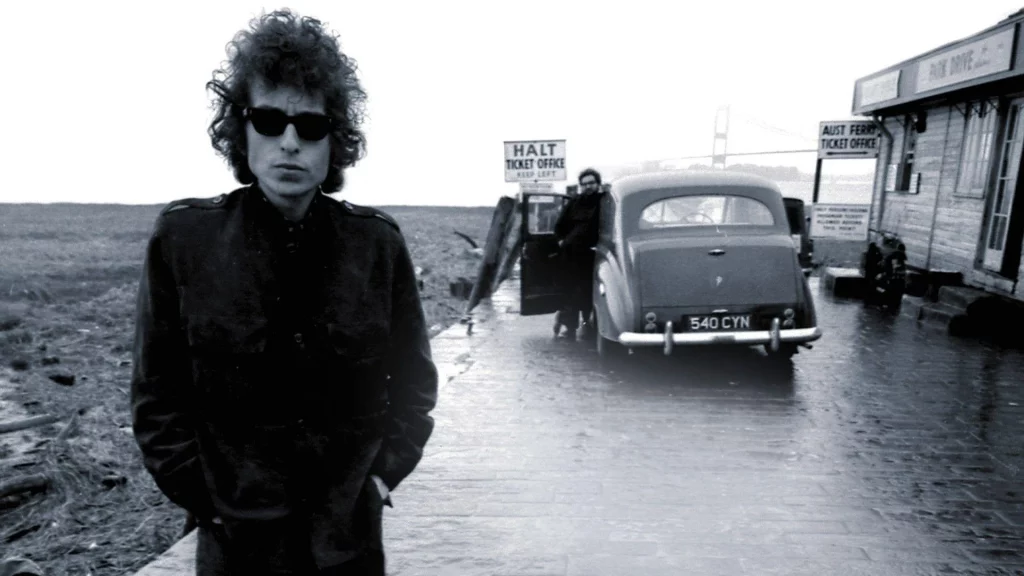Bob Dylan’s onstage demeanor has consistently exuded simplicity and an unwavering focus on his craft. Even in the early stages of his career, Dylan consciously avoided any theatrical elements that could detract from the potency of his lyrics. However, amidst his commitment to minimalism, there existed a subtle admiration for another artist, though perhaps a bit misplaced.
Examining archival footage of a youthful Bob Dylan during his initial performances reveals a sustained energy that has endured through the years. Whether revisiting his iconic 1964 Newport Folk Festival appearance or sharing tender moments on stage with Joan Baez, the intensity of his actions remains restrained. While one might detect a slightly more frequent smile in those early years, the essence of Dylan’s stage presence remains largely unaltered.
Dylan has consistently positioned himself not merely as a performer but as a conduit for his audience to truly hear his music. His focus on the music itself has been unwavering, eschewing any inclination to draw undue attention to his persona. In his own words, “The song itself has always come first.” Even when expressing admiration for other artists, Dylan’s singular interest lies in the music’s essence.
In an interview with The Wall Street Journal, Dylan passionately emphasizes the transformative power of a great song. He describes it as a universal force that transcends genres, voices, and eras. His commitment to this belief extends to his recent insistence on a phone-free environment at his shows, urging the audience to remain seated and silent, emphasizing a genuine connection with the music.
It might be challenging to envision Dylan idolizing or attempting to imitate another artist’s approach. However, there is one exception that resonates deeply with him – Miles Davis. In a 1985 interview with Spin, Dylan proclaimed, “Miles Davis is my definition of cool.” Reflecting on Davis’s performances in intimate venues, Dylan admired the jazz legend’s nonchalant demeanor, particularly moments when Davis would turn his back on the audience, set aside his instrument, and briefly exit the stage, leaving the band to play. Dylan perceived this as the epitome of coolness, symbolizing complete command over the stage and audience, as if the music had cast a spell, momentarily freezing time for everyone except the artist.
Eager to experiment with this style, Dylan recounted attempting it at a few shows, only to encounter confusion from the audience, who mistakenly interpreted his actions as a sign of illness. Despite his admiration for Davis’s nonchalant coolness, Dylan’s attempt to emulate it proved less successful, illustrating the uniqueness of his stage presence and the challenges of adopting another artist’s approach.

